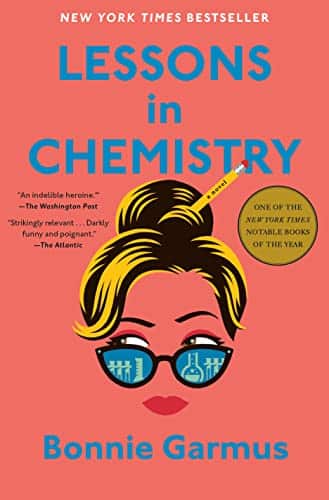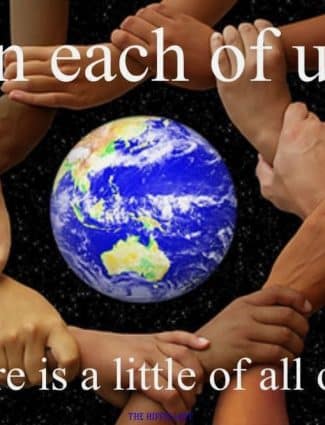
Our Lives Are Intertwined
Within Each of Us, Resides a Reflection of All of Us
Estimated reading time: 2 minutes, 40 secondsThe constant notifications we receive on our devices can create a sense of a world in chaos. From melting glaciers and rising seas to wars, famines, hate speech, and online bullying, the barrage of information can be overwhelming. I disengage during my walks and when reading, writing, or worshiping to find peace and tranquility. These moments without notifications are crucial for me to find clarity and be productive. Since my wife passed away three years ago, these moments of quiet have helped me to understand myself and live my life as the best version of myself.
A sea of people swarmed around me as I navigated yesterday’s bustling Cranford Street Fair. While conversing with two neighbors, I unexpectedly remarked, “I am like a transistor; I connect people.” This comparison to a semiconductor, the cornerstone of modern electronics, had never crossed my mind. As I pondered this notion, I couldn’t help but question whether I had awakened this morning to discover that I was not a flesh-and-blood human but rather a mere entanglement of wires.
As the bustling city streets gradually emptied, making way for the increasing flow of vehicular traffic, Joe leaned forward and remarked, “You connect people to people,” to which his wife, Kate, nodded in wholehearted agreement. Their words lingered in my mind, prompting me to question whether I was more than just a semiconductor. Amid this contemplation, I reflected on my evolving sense of self as I navigated the new experience of living alone.
When I feel disconnected or confused, I take an evening walk to Hanson Park and sit on the bench dedicated to my wife, facing the Rahway River. As much as my subconscious makes me believe I am having a two-way conversation with her, I speak out loud only to the birds and bees. When I walked into the park, with the sunset rapidly descending behind me, I expressed my enduring love for her. Sitting on the bench, I spoke about the 1110 days I have traveled with her.
“I am giving it my all,” I declared as a rabbit hopped across my path. “I have three square meals daily, navigate the complexities of living independently, and have cultivated more friendships and connections than I ever imagined.” Even though I knew she couldn’t see me anymore, I couldn’t help but wonder what her opinion of me would be. Instead of dwelling on that, I voiced the burning question. Today, I described myself as a transistor, the essential semiconductor that powers our modern world. What’s your take on that?”
If I shared with you that she acknowledged that I am simply a collection of wires, you might think I have lost my mind. Despite not speaking directly to me, on the way home, I knew the answer. While my eyesight may be imperfect and clouded with age, my vision remains clear. I have been a bridge, bringing people together and mending a fractured world. By helping others recognize that each of us carries a reflection of all humanity, we grow stronger together. When we unite, we understand a profound reality: we are all interwoven, akin to long-lost relatives meeting for the first time.
Health, Community, Novelty, Purpose
Within Each of Us, Resides a Reflection of All of Us
Estimated reading time: 2 minutes, 40 seconds

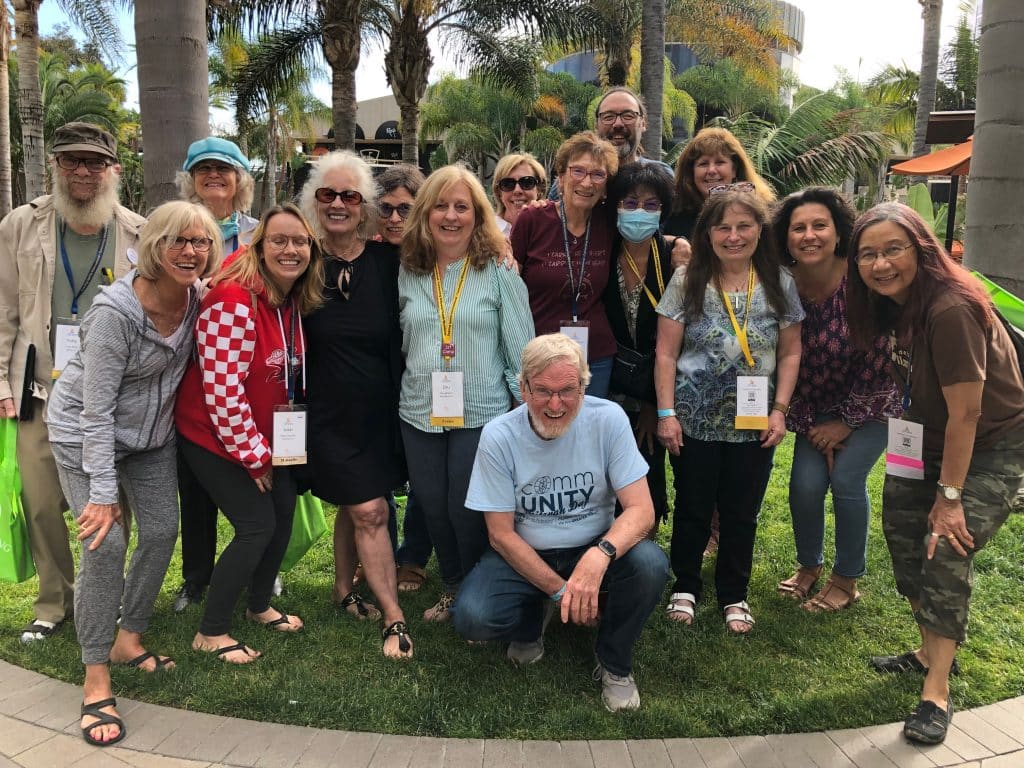
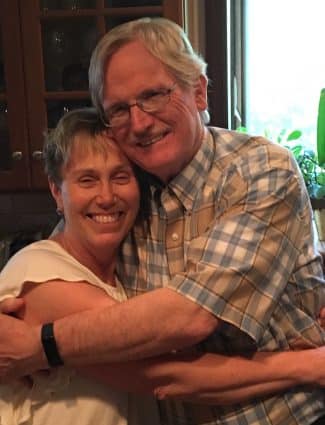
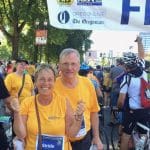
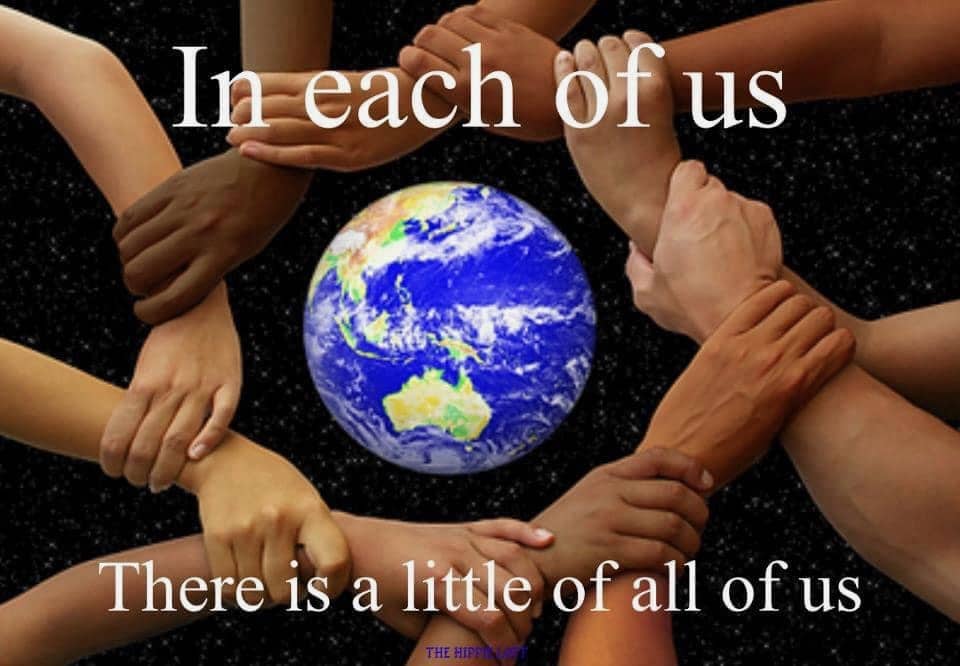
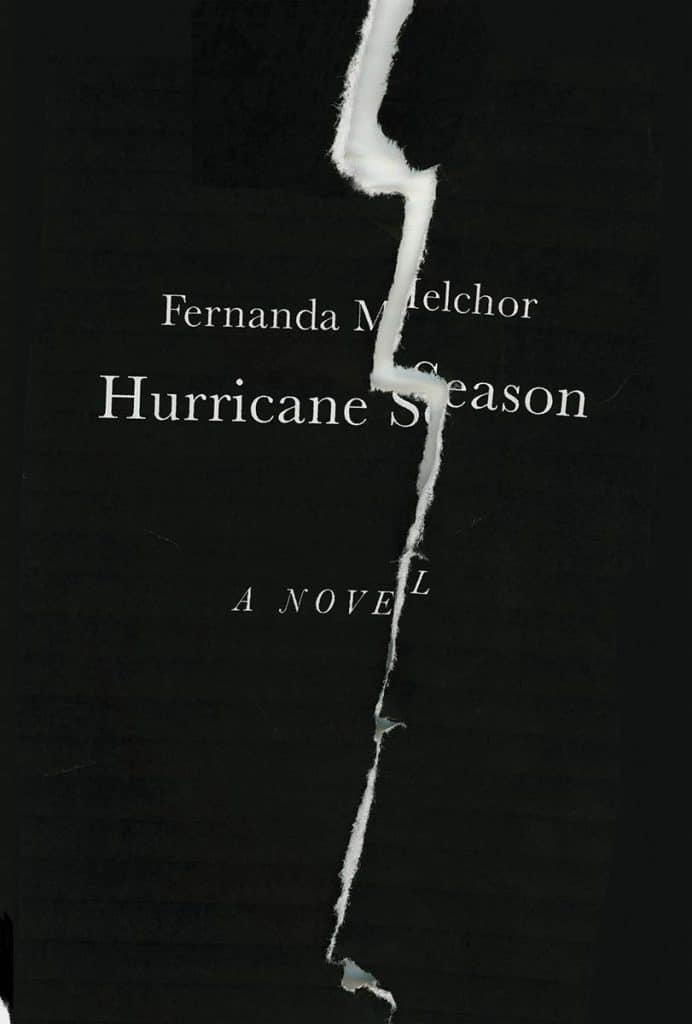
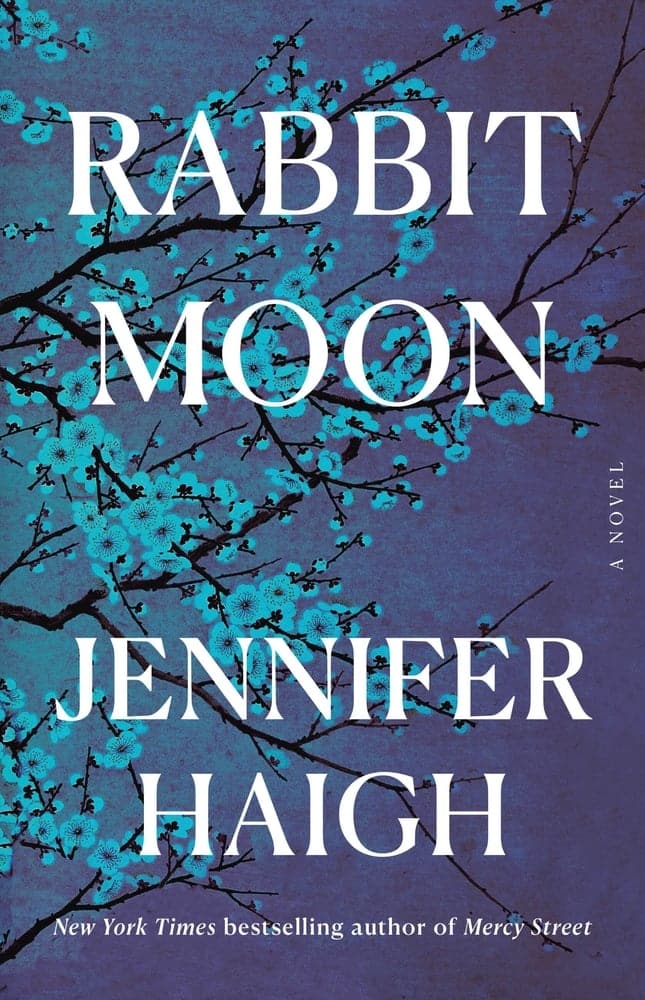
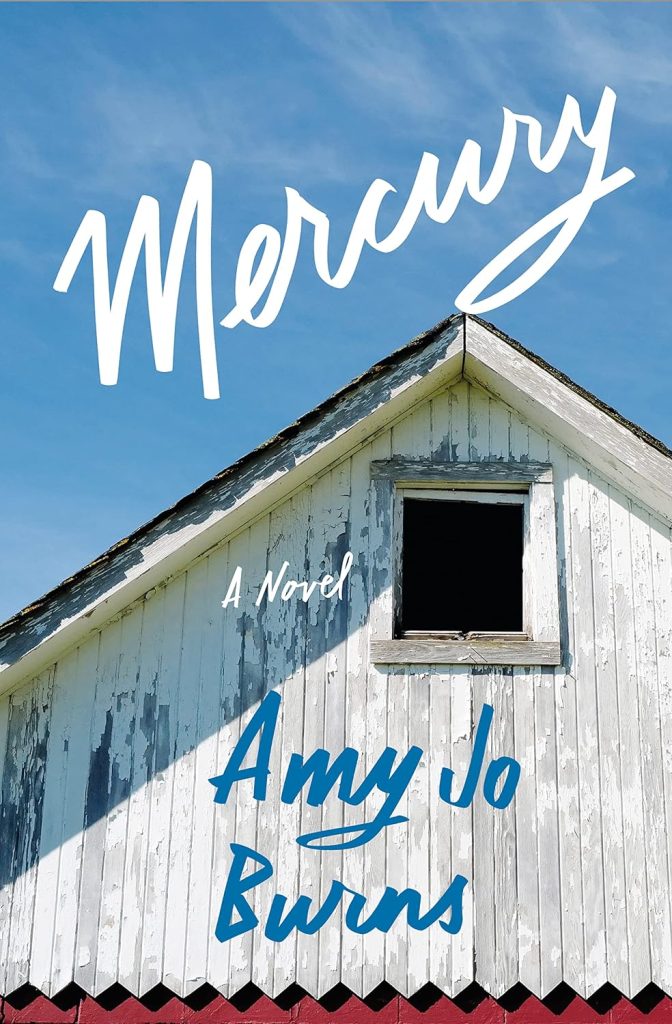
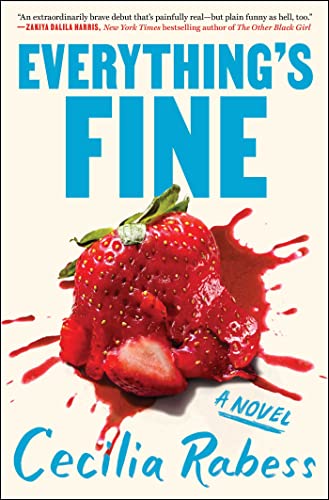
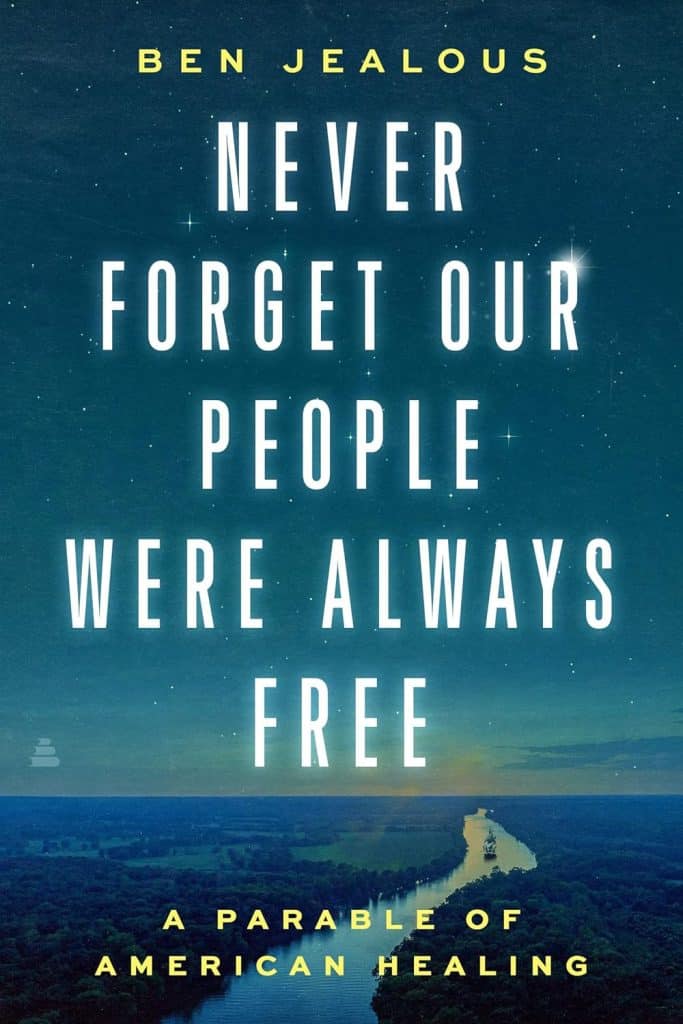
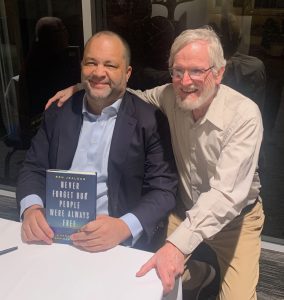
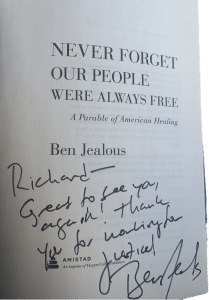 The book Never Forget Our People Were Always Free is told through parables. It features intimate glimpses of political and
The book Never Forget Our People Were Always Free is told through parables. It features intimate glimpses of political and 